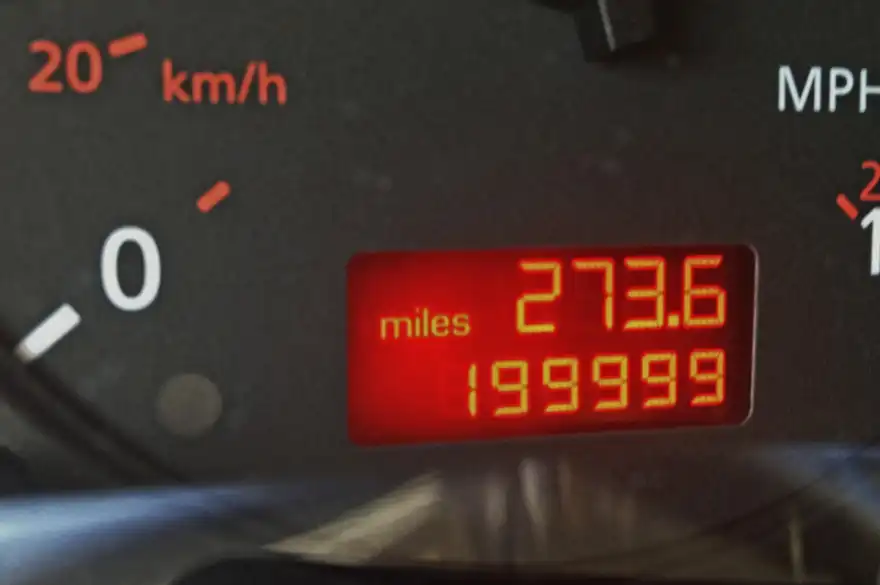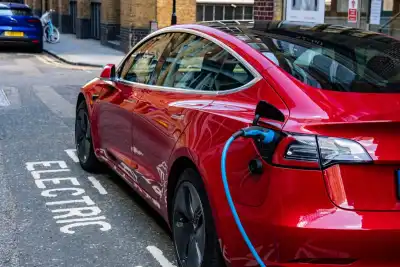
New research has revealed that UK drivers are massively overpaying for used cars thanks to “clocking” — where dodgy sellers illegally reduce a car’s mileage to make it seem like it’s in better shape than it really is.
It’s also called mileage fraud or odometer tampering, and thanks to digital odometers, it’s easier to do than ever. Add in finance deals that limit annual mileage, and there’s even more temptation to wind the numbers back.
Car history experts at CarVertical found that clocking is costing drivers across 17 European countries around £4.5 billion — and the UK is hit the hardest, with £1.2 billion in losses.
So what does that actually mean?
If you end up buying a clocked car, you could be paying nearly 49% more than it’s really worth. That’s money down the drain for a car that’s probably more worn out than it looks on paper.
Luxury car buyers take the biggest hit, but anyone can be targeted — whether you’re after a Golf or a G-Wagon.
Other countries are losing out too:
- France: £1 billion a year
- Germany: £900 million
- Italy: £400 million
Interestingly, places like Serbia and Romania see less clocking because drivers there aren’t as fussed about mileage.
Why is this still a problem?
According to CarVertical's Matas Buzelis, “Proving that a car’s mileage has been falsified is extremely difficult. Without digitised records and data sharing between countries, odometer fraud remains easy to hide.
“It’s no secret that buyers prefer cars with lower mileage. Unfortunately, this makes them prime targets for fraud. When the mileage is rolled back, it creates the illusion of a better car condition than it is. Fraudsters target both economy and premium vehicles.”
And let’s face it — everyone wants a low-mileage car. That demand makes buyers easy targets.
How to protect yourself:
Before buying a used car, check its MOT history online and get a full vehicle history report from a reputable source. It could save you thousands — and a massive headache down the line.




